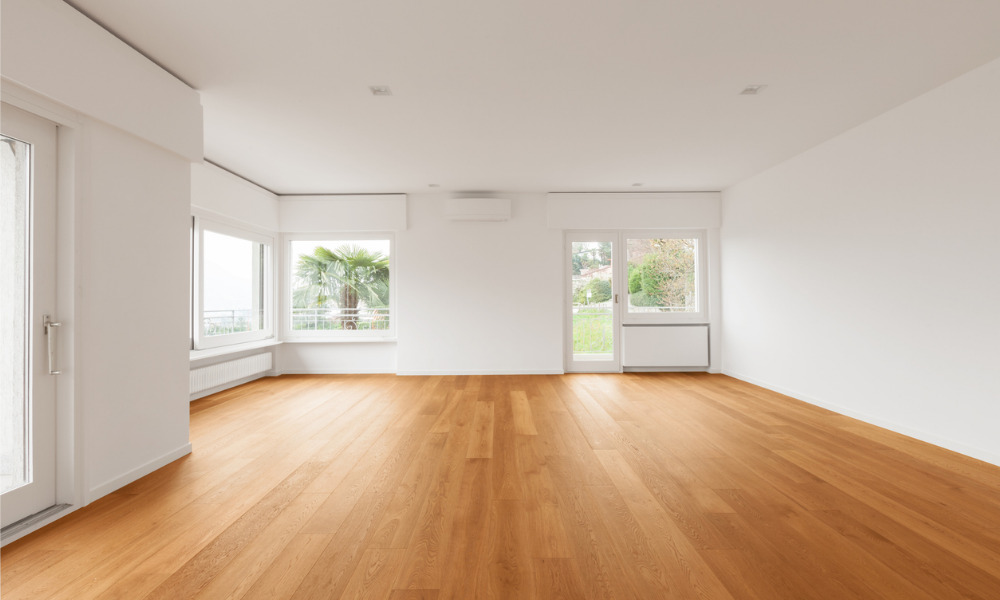Increased calls to tax ghost homes follows startling census data

The latest census has revealed that 10.1% of all residential dwellings are unoccupied. That’s 1,043,776 homes sitting empty which could otherwise have been available to homebuyers or tenants. The news comes even as organisations continue to lament the gap in housing stock, meaning housing supply statistics “are completely distorted”, Prosper Australia Research Institute president Catherine Cashmore said. “When … people [say] we just need to build more houses to increase supply … well, it’s just not that simple.”
With a national rental vacancy rate of 1% and undersupply in various housing markets feeding affordability issues, more people have warmed to the proposal of imposing taxes on the owners of these ghost properties.
This would not be the first time in recent history vacant homes were taxed to curb a housing stock crisis. Back in 2017, Victoria imposed a vacant residential land tax specifically to address housing supply. Owners of properties vacant for more than six months in a calendar year were required to pay 1% of the capital improved value of land, realestate.com.au reported, meaning the owner of an empty property worth $500,000 would have to pay $5,000 per annum.
“It’s a small cost relative to the price of a home but it’s going to act as an incentive for people to use the home productively,” PropTrack economist Angus Moore said. At the same time, he warned that ghost property tax was a complex issue. While empty houses were something to be minimised, “the best way to do that is unclear,” he said.
Read more: Governments need to make "big picture" changes in housing policy – REIA
While there are a number of reasons owners leave their properties vacant – from land banking, to listing it on Airbnb, to using them as holiday homes – Cashmore pointed out that one particularly Australian attitude fuels the trend of ghost properties in the country. Aussies purchase property not as a place to live but as a step into the accumulation of long-term wealth, realestate.com.au said.
“Real estate in this country is driven by speculation – we don’t buy real estate because of need, we buy it because of greed,” Cashmore said. “People like the idea that you can get rich in your sleep without working. It’s a little bit like winning the lottery, and that’s why people do it.”
The hoarding results in a bunch of owned property sitting unoccupied for long periods of time.
Read next: Census shows opportunity to increase rental pool – REIA
Taxing vacant homes is a step in the direction many economists have been calling for in replacement of what are often deemed ‘inefficient’ state taxes like stamp duty. But it comes with its own set of obstacles. For one, it relies on a self-report system, making it difficult to enforce and to verify, Moore pointed out.
“You don’t want to discourage investors but make those properties more accessible for people who are in a housing crisis,” said Geoff Brailey, director of solutions at McCrindle Research.



